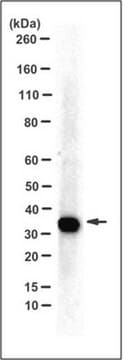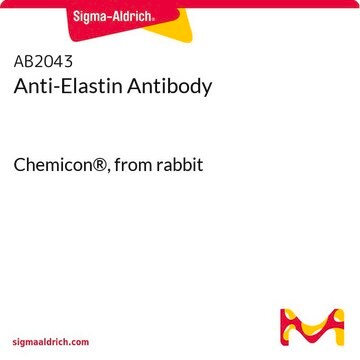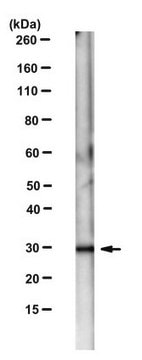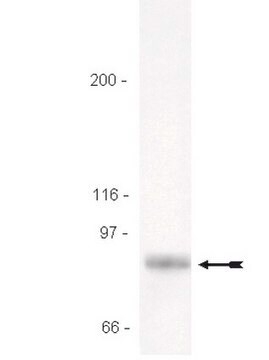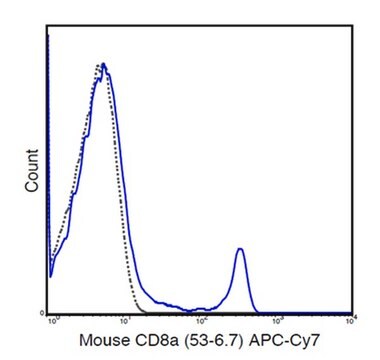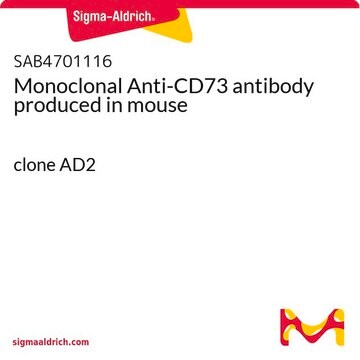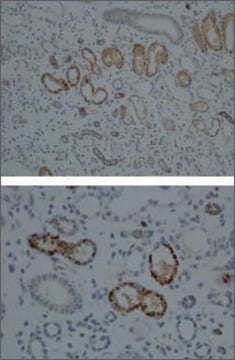MABS1927
Anti-CD173 and CD174 Antibody, clone BRIC 231
clone BRIC 231, from mouse
Synonym(s):
Fucosylated histo-blood group antigens H type 2/Lewis Y, Clone BRIC 231
About This Item
Recommended Products
biological source
mouse
Quality Level
antibody form
purified antibody
antibody product type
primary antibodies
clone
BRIC 231, monoclonal
species reactivity
human
technique(s)
flow cytometry: suitable
immunocytochemistry: suitable
isotype
IgG1κ
NCBI accession no.
UniProt accession no.
shipped in
ambient
target post-translational modification
unmodified
Gene Information
human ... FUT4(2526)
General description
Specificity
Immunogen
Application
Flow Cytometry Analysis: A representative lot detected CD173 CD174 in Flow Cytometry applications (Cao, Y., et. al. (2001). Glycobiology. 11(8):677-83).
Signaling
Quality
Immunocytochemistry Analysis: A 1:50 dilution of this antibody detected CD173 CD174 in KG1 cells.
Target description
Physical form
Storage and Stability
Other Notes
Disclaimer
Not finding the right product?
Try our Product Selector Tool.
Storage Class Code
12 - Non Combustible Liquids
WGK
WGK 1
Regulatory Listings
Regulatory Listings are mainly provided for chemical products. Only limited information can be provided here for non-chemical products. No entry means none of the components are listed. It is the user’s obligation to ensure the safe and legal use of the product.
JAN Code
MABS1927:
Certificates of Analysis (COA)
Search for Certificates of Analysis (COA) by entering the products Lot/Batch Number. Lot and Batch Numbers can be found on a product’s label following the words ‘Lot’ or ‘Batch’.
Already Own This Product?
Find documentation for the products that you have recently purchased in the Document Library.
Our team of scientists has experience in all areas of research including Life Science, Material Science, Chemical Synthesis, Chromatography, Analytical and many others.
Contact Technical Service